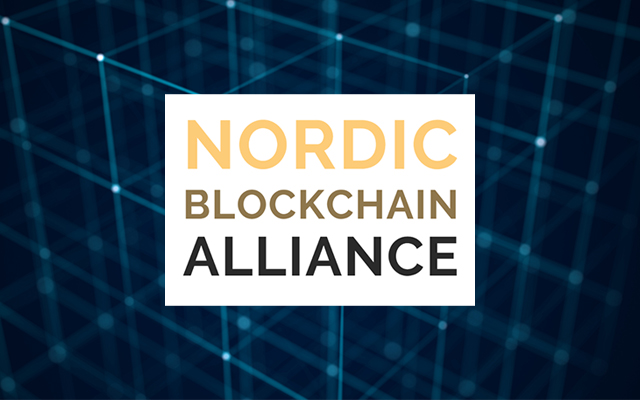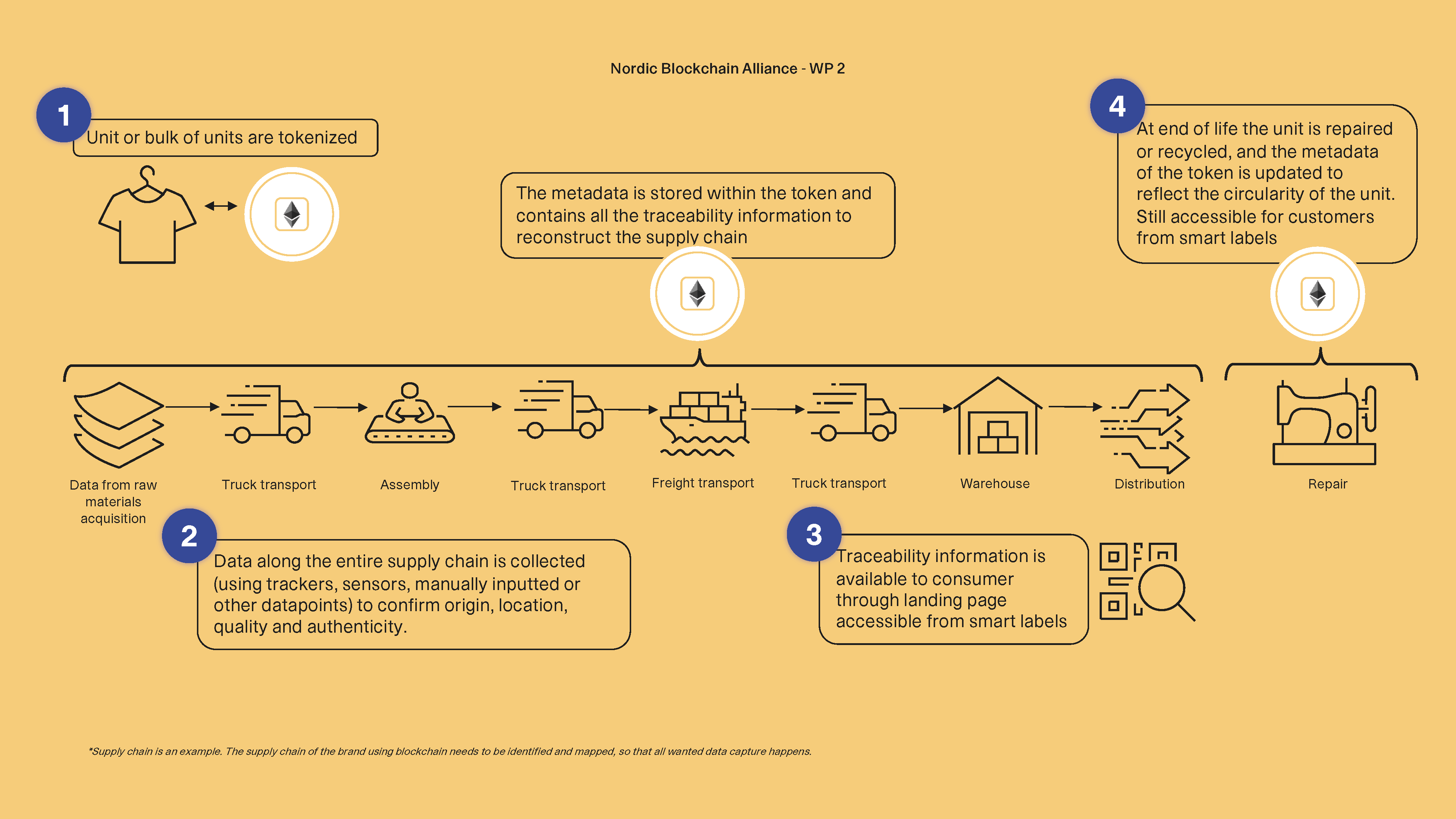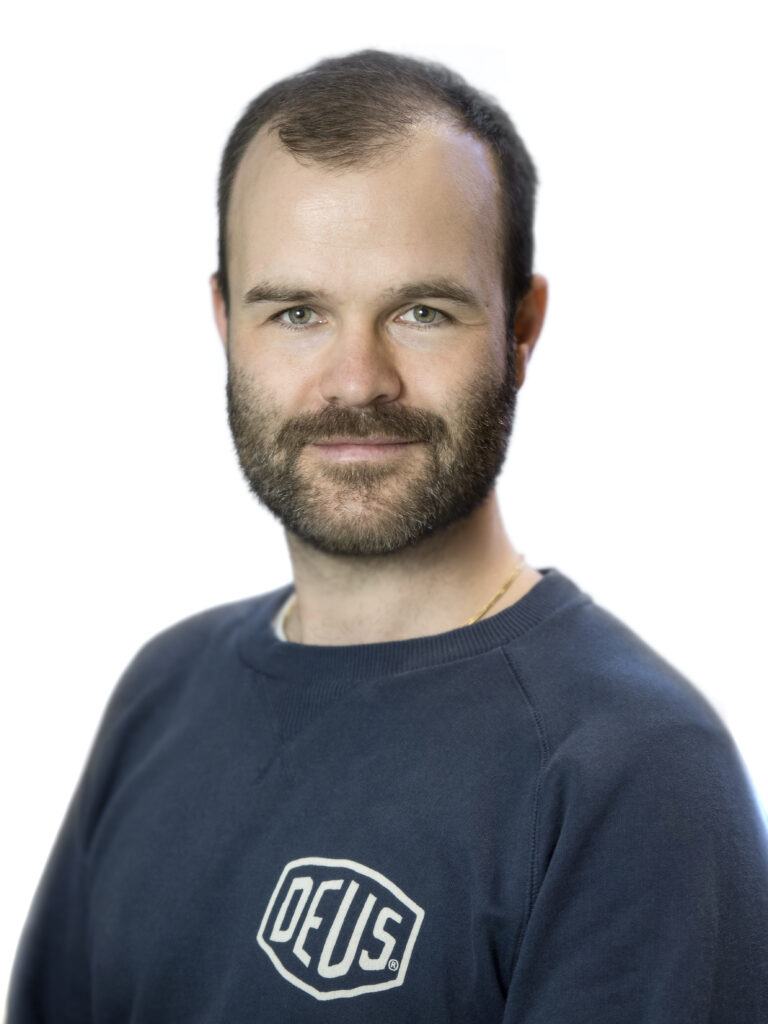Nordic blockchain collaboration creates traceability for the future

Can blockchain technology increase transparency and traceability in the textile and lifestyle industries? That is the hope of the collaborative project Nordic Blockchain Alliance, which highlights successful Nordic examples in the field.
The Nordic Blockchain Alliance consists of six business clusters in Sweden, Norway, Finland and Denmark that connect and increase knowledge and strategic competence in blockchain technology. With the EU’s future ecodesign strategy and digital product passports, blockchain technology can securely document data on product history, supply chain, environmental impact, compliance, contract details and user instructions within the textile and lifestyle industry.
The goal – a common blockchain solution for the Nordic region
During an open webinar on 5 December, several Nordic examples from the project were presented. The day was opened by Faith Robinson, head of content at the non-profit sustainability organization Global Fashion Agenda, who highlighted the Nordic countries as “best in class” when it comes to developing sustainable innovations for the textile and fashion industry. Then Anders Holm from the Danish Companies Administration (Erhvervsstyrelsen) told us about what future digital product passports within the EU might look like, as well as what information they need to contain.

Elin Kathrine Saunes from the Norwegian cluster organization NF&TA and Anita Drabløs from +Lab Norway went through the research that was done with Nordic companies within the project, which resulted in a report on the potential of Nordic blockchain. One of the proposals in the report is to develop a common Nordic blockchain solution that can be used by companies in the countries to ensure the quality of product information.
Product passport for furniture and traceable Gina Tricot collection
From the Swedish side, Erik Lundh, project manager at Interior Cluster Sweden, told us about the product portfolio for furniture the organization has produced in collaboration with the consulting company Sigma.
Jonas Larsson, Senior Lecturer at the Swedish School of Textiles and project manager at Science Park Borås, then highlighted the collaboration project “The Transparency Project”, where the fashion chain Gina Tricot in collaboration with the traceability app PaperTale launched a collection of fully traceable clothes, which despite a higher price level sold out immediately.
The project Mikrofabriker’s work with a “black box” for the fashion industry that collects production data in the factories was also highlighted as a good example of how the industry can improve its work with traceability and transparency.

“Public blockchains are good in this context because they are very difficult to manipulate and it is a reliable technology that allows you to follow what has happened,” said Jonas Larsson and continues:
“They are a suitable technique for verifying transactions associated with high risk, for example salary payments. However, there is no similarity between being transparent, using blockchains, and being sustainable. Many horrible people are very transparent about the fact that they are just horrible.”
The project has provided many new insights into opportunities for cooperation, specifically around transparency between the Nordic countries
“We share the same values regarding openness to each other and have similar goals for a fashion, furniture and design industry that does more good than harm to the planet and its inhabitants,” concluded Jonas Larsson.
Text: Christian Naumanen
Facts: Nordic Blockchain Alliance Blockchain or block chain technology provides the ability to exchange product and company data in a way that can be both cost-effective and secure. A wide range of information can be carried on a blockchain, including data documenting product history, supply chain, environmental impact, compliance, contract details and user instructions. The blockchain-based solutions can also facilitate circular business models and carry a future European product passport. The project aims to create a Nordic blockchain alliance to explore the potential of a common Nordic blockchain by benefiting from different experiences and knowledge sources from Finland, Norway, Sweden, and Denmark. The Nordic Blockchain Alliance is funded by Nordic Innovation. Partners in the project are Interior Cluster Sweden, +Lab, Norwegian Fashion & Textile Agenda, Finnish Textile & Fashion, Science Park Borås and Lifestyle & Design Cluster. Read mote about the project on the Nordic Blockchain Alliance website
